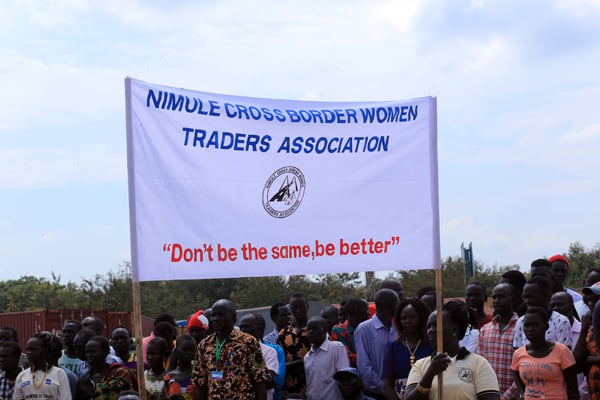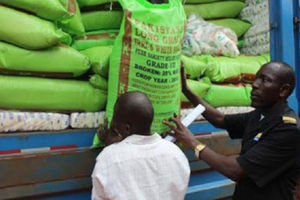Prime
Informal border trade remains weak despite recovery - report

Uganda’s informal cross-border trade continues to face challenges despite relative resilience against disruptions resulting from Covid-19, according to a new report.
What you need to know:
- According to Prof Njuguna Ndungu, the African Economic Research Consortium executive director, the lessons drawn in the report are not only essential for the management of Covid-19 but also in developing mechanisms to understand the vulnerability of the export sector as well as building strong and sustainable reforms.
Uganda’s informal cross-border trade continues to face challenges despite relative resilience against disruptions resulting from Covid-19, according to a new report.
The report, authored by the United Nations Economic Commission for Africa, in partnership with TradeMark East Africa and African Economic Research Consortium, indicates that informal cross border trade remains adversely affected, thus threatening lives of thousands of traders, most of whom are women.
According to the report titled: Waving or Drowning? The Impact of Covid-19 on East African Trade, informal cross border trade in Uganda collapsed from an average of $44m (Shs160b) in the first quarter of 2020 to just $1.15m (Shs4.19b) by the end of November 2020, representing a 97 per cent drop.
“Regional borders remain closed for most informal cross-border traders, impacting livelihoods that depend on such trade, particularly women. Even the reopening of Uganda’s borders in September 2020 did not revive informal cross border trade,” Mr Anthony Mveyange, a TradeMark East Africa research and learning director, said during the launch of the report.
The Covid-19 induced disruptions faced by, especially informal cross border traders, according to the report, included loss of income and reversal of gains, among others.
The report, according to Mr Mveyange, had been informed by the need to understand the impact of Covid-19 on trade performance across East Africa to enable policy makers formulate evidence-based policies to address the current challenges.
Frank Matsaert, the TradeMark East Africa chief executive officer, said the report provides a starting point for governments, private sector and other stakeholders to think about how to respond to Covi-19 and its impact on trade.
“Covid-19 is going to be with us for some time. Therefore, the things that we have learnt will be important for the next year or two. It is important that we take up the lessons and support countries to fully recover better,” he said.
Management of Covid-19
According to Prof Njuguna Ndungu, the African Economic Research Consortium executive director, the lessons drawn in the report are not only essential for the management of Covid-19 but also in developing mechanisms to understand the vulnerability of the export sector as well as building strong and sustainable reforms. Such reforms, he says, include supporting and developing facilities such as the regional electronic cargo and driver tracking system, which has enabled issuance of Covid-19 digital certificates across EAC.




